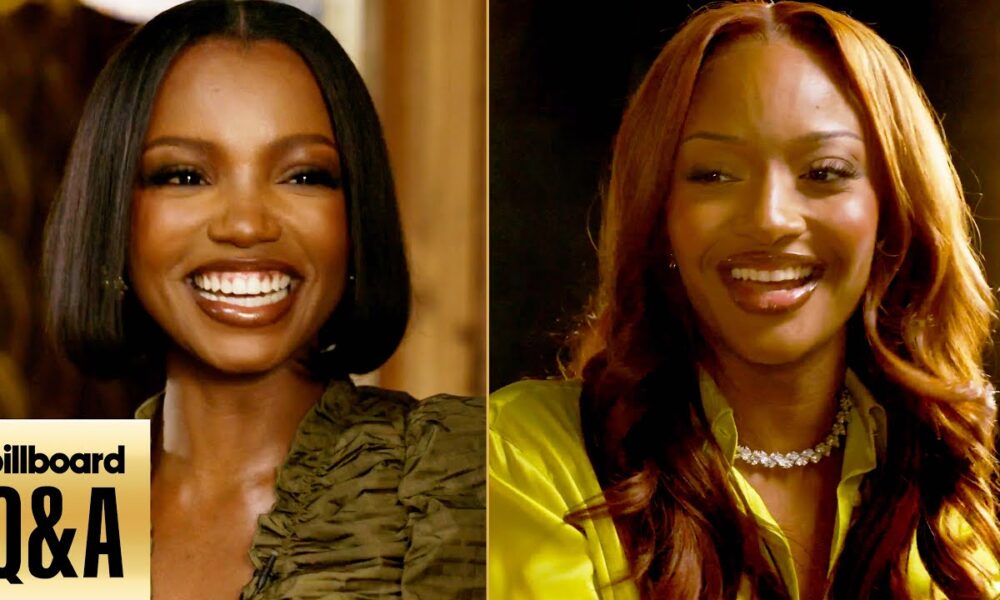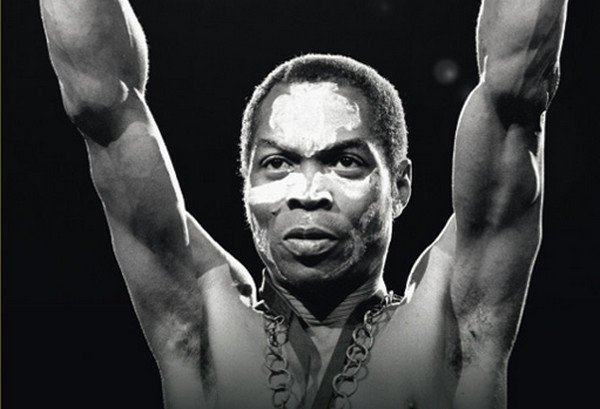Afrobeats vs. Amapiano: A Sonic Battle for Africa’s Dance Floors?
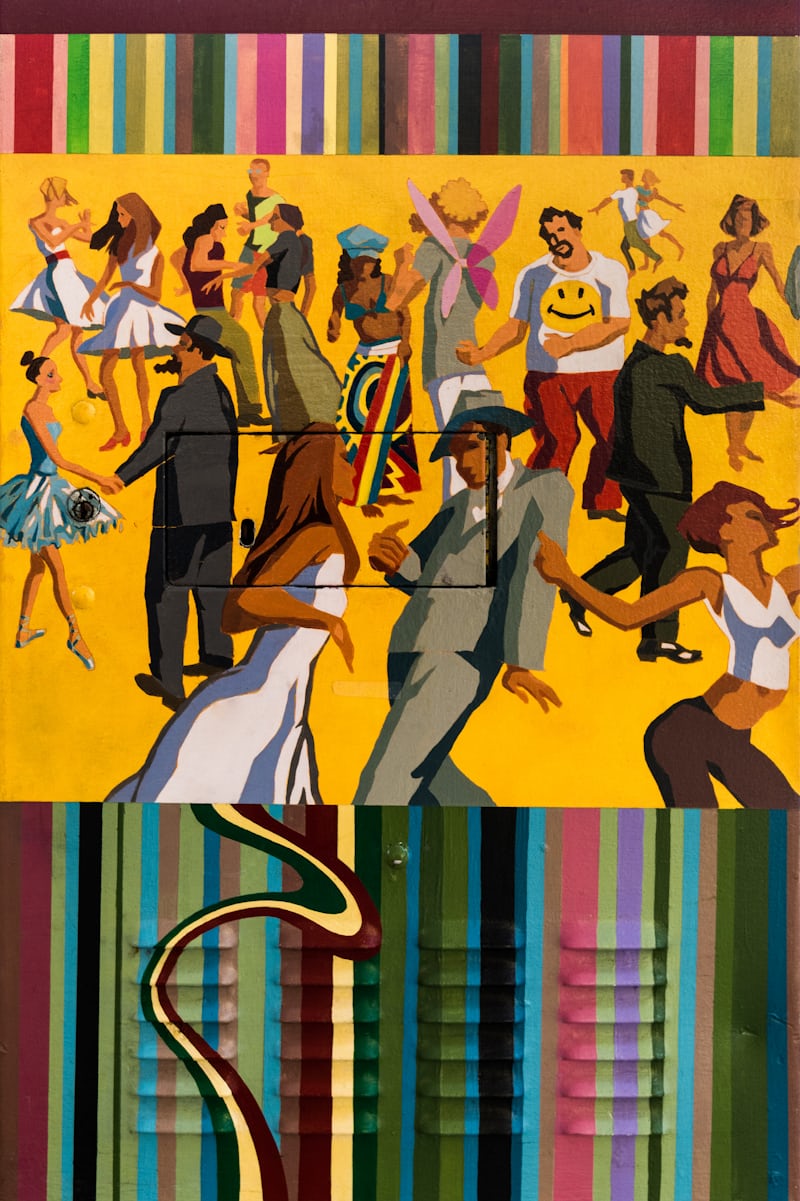
INTRODUCTION: The Beat That Took Over the Continent
Over the past decade, Afrobeats and Amapiano have surged from local club hits to global cultural forces, from the corners of Lagos, Nigeria to Joburg in South Africa, each with its own identity, sound, and loyal followers. They’re more than just genres; they are mirrors of African youth culture, reflecting everything from language and fashion to politics and pride.
But with their growing dominance, a subtle question begins to echo across charts, dancefloors, and Twitter timelines:
Is Africa experiencing a musical renaissance or a sonic rivalry?
Defining The Sounds: Afrobeats & Amapiano
Before the charts and streaming wars, before the stadium tours and TikTok dances, these genres were neighborhood sounds—born from struggle, spirit, and celebration. To understand their impact today, we must begin at the roots.
Afrobeats: The West African Pulse
Afrobeats (not to be confused with Fela Kuti’s singular Afrobeat) emergqqed in the early 2000s across Nigeria and Ghana, blending traditional highlife rhythms with hip-hop swagger, dancehall grooves, and digital production. It is the sound of Lagos traffic, Accra sunsets, and African resilience.Amapiano: The Soul of South Africa’s Streets
Amapiano, meaning “the pianos” in Zulu, exploded from South Africa’s townships—particularly Pretoria and Johannesburg—around 2012. Born from underground house parties and taxi rank DJs, it evolved by merging deep house, kwaito, jazz, and the iconic log drum.
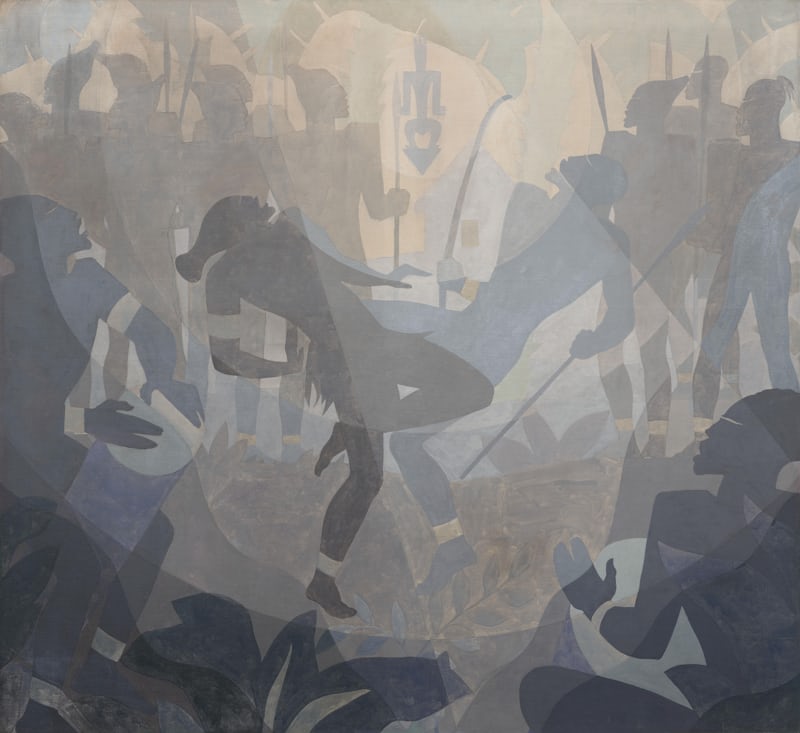
Photo Credit: Unsplash
More Than Music—A Cultural Language
Despite their differences, Afrobeats and Amapiano share a powerful commonality: they are both youth-driven, locally rooted, and globally resonant. These aren’t genres born in studio labs or corporate boardrooms. They represent: Identity in sound, pride in language and culture, resistance to Western musical dominance
The Cultural Roots: Who Owns The Beat?
For many African youths, Afrobeats and Amapiano are not just party starters; they are cultural declarations. These genres carry the energy, language, and worldview of the places they come from. So while the world may dance to the sound, Africa owns the meaning.
Afrobeats: The Naija Hustle in Stereo
Afrobeats is loud, colorful, unapologetic—just like the beauty of West Africa. It echoes the city’s pulse: chaotic, ambitious, endlessly creative. It represents what many call the “Naija spirit”—a blend of boldness, resilience, and performance.
From pidgin-infused lyrics to extravagant visuals, Afrobeats is global in reach but proudly local in soul.
Amapiano: Township Roots, Global Vibes
Amapiano’s energy is more laid-back—but no less powerful. It comes from the townships of South Africa, where DJs and producers created something deeply rooted in Ubuntu: the philosophy of community, togetherness, and shared experience.
Unlike Afrobeats’ lyrical intensity, Amapiano often uses minimal words. Instead, it speaks through mood, movement, and rhythm—the soft piano loops, rolling bass lines, and the tension between stillness and explosion.
It’s music made not for the radio, but for block parties, shebeens, and dusty dance floors. Its viral success is a testament to how powerful and communal sound can be, even with barely any lyrics.
Global Expansion: Who’s Winning On The World Stage?
What began as local soundtracks has now become international currency. Today, Afrobeats and Amapiano aren’t just sounds you hear in Lagos or Johannesburg; they’re headlining Coachella, blasting through European clubs, and dominating TikTok charts. But in the race for global ears, the question arises: Who’s really winning the world stage? or should any beat really win?
There’s no denying it, Afrobeats is Africa’s global music giant and Amapiano is silently taking over the clubs in Africa. Both genres are making waves across different corners of the continent and so we shouldn't be bothered about who is winning, because both are a testament of Africa’s culture and people.
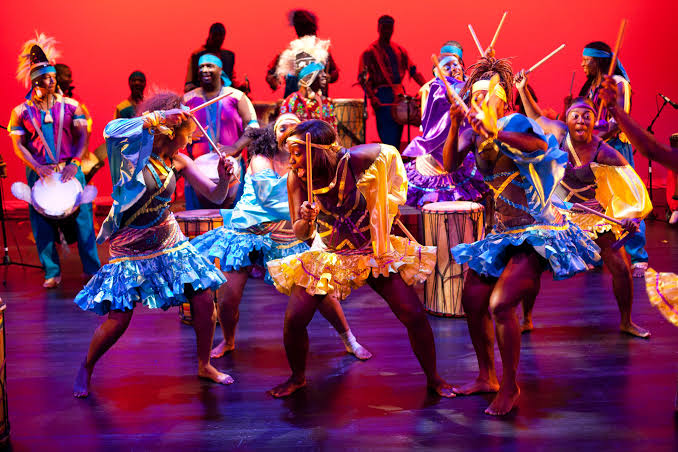
Photo Credit: Google Image
So rather than rivals, Afrobeats and Ama piano should and is are increasingly merging—both sonically and strategically.
The headlines say it all, from Davido and Focalistic’s “Champion Sound” blurring the line between Naija fire and SA finesse to Burna Boy and DJ Tarico joined forces on “Yaba Buluku (Remix)”.
This isn’t just trend-hopping, it’s a pan-African sound revolution. A new, hybrid identity that speaks to cross-border unity and creative evolution instead of sonic battle, because the real story isn’t about one beating the other—it’s about Africa beating the world at its own game.
What The Rivalry Reveals About African Identity
The back-and-forth between Afrobeats and Amapiano isn’t just about tempo, bass lines, or who tops the charts. Beneath the dancefloor lies a deeper dialogue—one about African pride, national identity, and the quest for global recognition.
Pan-African Pride or National Competition?
At first glance, Afrobeats (from Nigeria and Ghana) and Amapiano (from South Africa) seem locked in a continental tug-of-war. Online debates rage:
“Amapiano has more soul!”
“Afrobeats runs the world!”
While healthy competition can push innovation, there’s a thin line between celebration and tribalism. When fans pit genres against each other, we risk forgetting the bigger picture: Africa’s rise in the global soundscape is a shared win.
Are We Fighting for Culture—or for Clout?
In a digital world driven by algorithms, it’s easy to confuse visibility with value. Some artists chase viral moments rather than cultural substance. Others feel pressured to alter their sound to fit global molds.
This raises a question: Are we telling our stories or remixing them for clicks?
True cultural representation comes when African music is:
Owned by Africans
Created on African terms
Celebrated for its depth, not just its trendiness
Music as Soft Power and not Rivalry
Globally, music is more than entertainment—it’s diplomacy in rhythm. Just as K-pop became South Korea’s cultural ambassador, Afrobeats and Amapiano are shaping how the world sees Africa.
They’re opening doors for African fashion, slang, dance, and storytelling.
Western artists now seek African collaborations, not the other way around.
This is soft power in action, music as a form of influence, pride, and resistance.
Diversity Is Africa’s Secret Weapon
Rather than viewing Afrobeats and Amapiano as opposing forces, we must embrace them as facets of Africa’s musical spectrum. They prove that:
Africa is not a monolith; we speak with many voices, many rhythms.
Our strength lies in our sonic diversity.
From Francophone trap in Senegal to Bongo Flava in Tanzania, the continent is bursting with creativity.
“No continent has more untapped sound than Africa, and the world is listening.”
So what does the so-called rivalry reveal?
It tells us that Africa is done imitating; it’s now innovating, exporting, and leading. Our genres don’t need to compete. They need to coexist, collide, and conquer together.
The Future: Fusion, Not Fighting
If Afrobeats and Amapiano were ever in a race, the finish line is now a shared stage. The lines between genres are blurring. Borders are fading. And from Accra to Pretoria, a new sound is rising, fusion, not fighting.
AfroPiano
A genre-bending wave is quietly taking over playlists—AfroPiano. It’s the sonic lovechild of Afrobeats’ lyrical soul and Amapiano’s percussive depth. This hybrid isn’t just a trend—it’s a movement.
Tracks like “Champion Sound” (Davido x Focalistic) and “Sponono” (Kabza De Small ft. Wizkid, Burna Boy) paved the way.
“AfroPiano isn’t a compromise, it’s a continent in conversation,” says music curator Tolu Ajayi (Apple Music Africa).

Photo Credit: Unsplash
Gen Z: The Genre-Shifting Architects
African Gen Z producers aren’t bound by genre labels, they’re building their own lanes. Armed with laptops, Wi-Fi, and global curiosity, they are:
Mixing Fuji with Trap
Sampling Highlife into Amapiano
Platforms like SoundCloud, Audiomack, and TikTok are their studios and stages. These digital natives care less about tradition, more about vibes and authenticity.
They’re not asking what’s allowed, they’re asking what’s possible.
So the sonic battle should be more of a collaboration than a competition, as more and more top artists are collaborating across countries and cultures, not clashing. This isn’t just musical diplomacy, it’s a strategic, artistic refusal to be divided. The new African artist understands: We’re stronger in harmony.
“The future of African sound isn’t East vs West—it’s Africa to the world.”
CONCLUSION: One Continent, Many Beats
In the grand scheme of Africa’s musical journey, Afrobeats and Amapiano aren’t rivals—they’re co-conductors of a global movement. Each genre carries the weight of culture, history, and the hunger of a new generation ready to be heard.
From the thunderous log drums of Soweto to the silky melodies of Lagos, these sounds are not battling for supremacy; they're harmonizing in influence, reshaping what the world thinks African music should sound like.
They’ve shown us that:
Cultural pride doesn’t require competition.
Fusion is not dilution, it’s innovation.
And that is when African creatives collaborate, the world listens.
“Whether you move to a log drum or a shaku rhythm, one truth remains: Africa is the DJ of the future.”
So don’t just pick a side. Pick a sound. Dance to both. Because the real win is a continent united in creativity—and the world dancing along.
You may also like...
When Sacred Calendars Align: What a Rare Religious Overlap Can Teach Us

As Lent, Ramadan, and the Lunar calendar converge in February 2026, this short piece explores religious tolerance, commu...
Arsenal Under Fire: Arteta Defiantly Rejects 'Bottlers' Label Amid Title Race Nerves!

Mikel Arteta vehemently denies accusations of Arsenal being "bottlers" following a stumble against Wolves, which handed ...
Sensational Transfer Buzz: Casemiro Linked with Messi or Ronaldo Reunion Post-Man Utd Exit!

The latest transfer window sees major shifts as Manchester United's Casemiro draws interest from Inter Miami and Al Nass...
WBD Deal Heats Up: Netflix Co-CEO Fights for Takeover Amid DOJ Approval Claims!

Netflix co-CEO Ted Sarandos is vigorously advocating for the company's $83 billion acquisition of Warner Bros. Discovery...
KPop Demon Hunters' Stars and Songwriters Celebrate Lunar New Year Success!

Brooks Brothers and Gold House celebrated Lunar New Year with a celebrity-filled dinner in Beverly Hills, featuring rema...
Life-Saving Breakthrough: New US-Backed HIV Injection to Reach Thousands in Zimbabwe

The United States is backing a new twice-yearly HIV prevention injection, lenacapavir (LEN), for 271,000 people in Zimba...
OpenAI's Moral Crossroads: Nearly Tipped Off Police About School Shooter Threat Months Ago
ChatGPT-maker OpenAI disclosed it had identified Jesse Van Rootselaar's account for violent activities last year, prior ...
MTN Nigeria's Market Soars: Stock Hits Record High Post $6.2B Deal

MTN Nigeria's shares surged to a record high following MTN Group's $6.2 billion acquisition of IHS Towers. This strategi...

